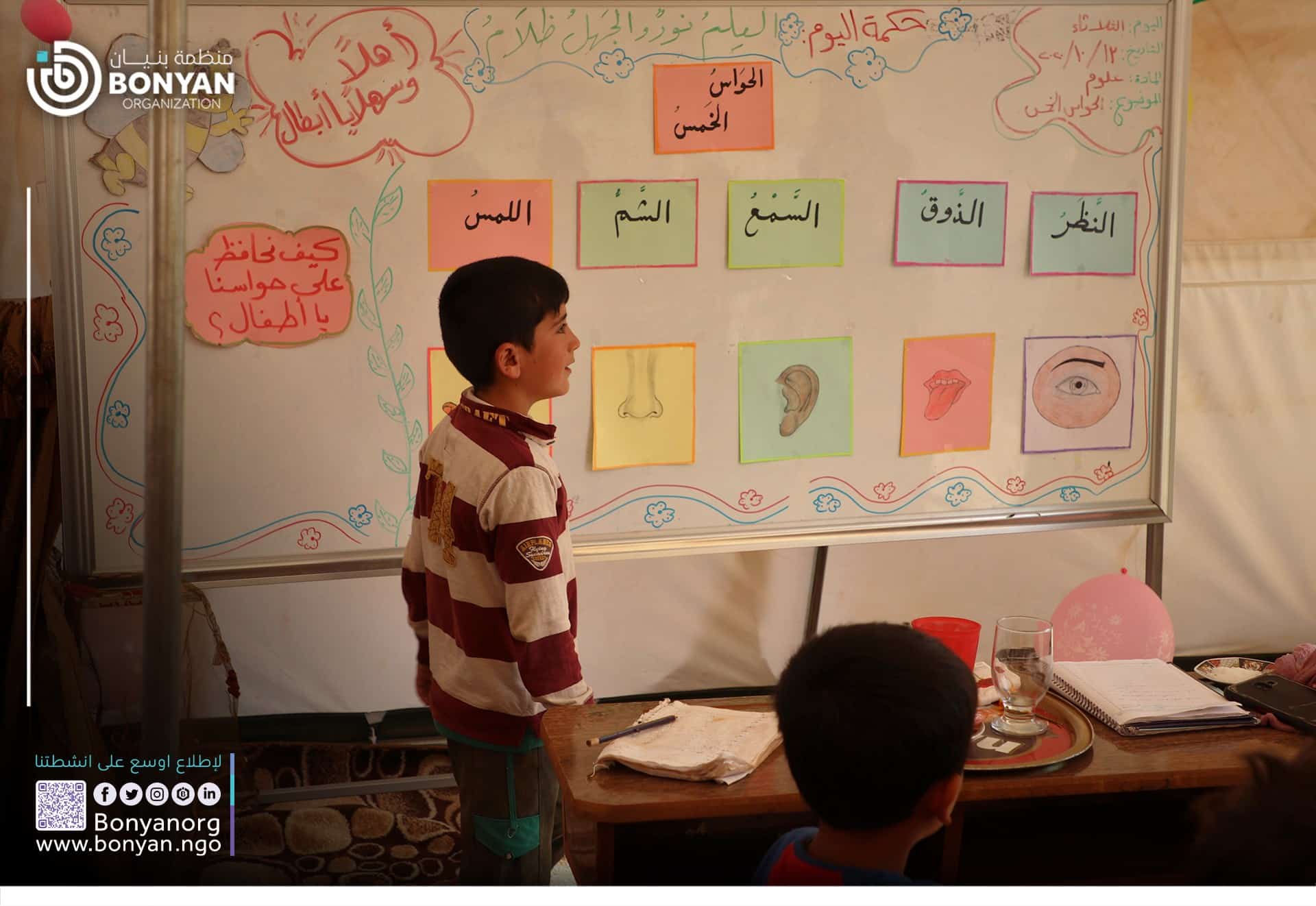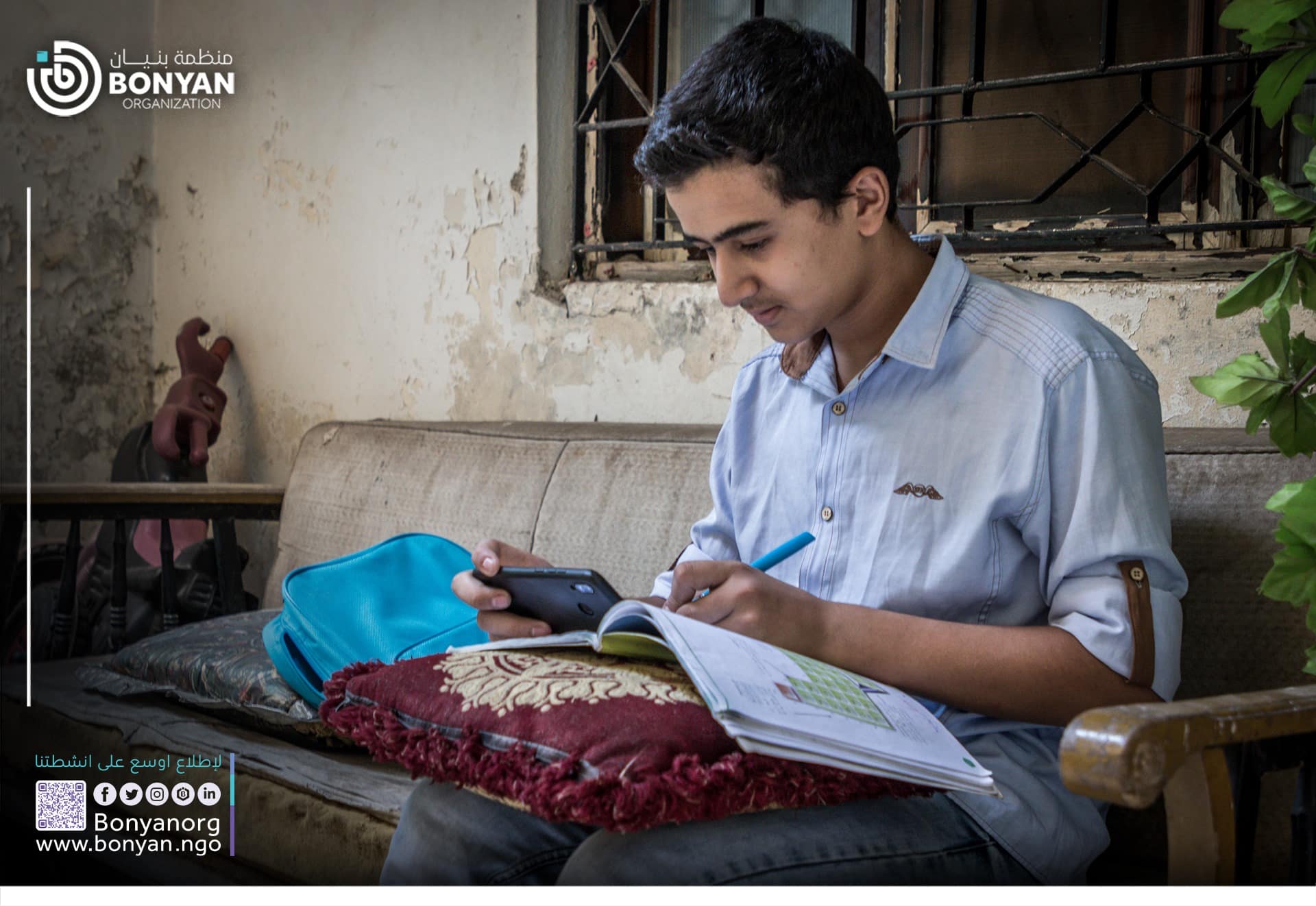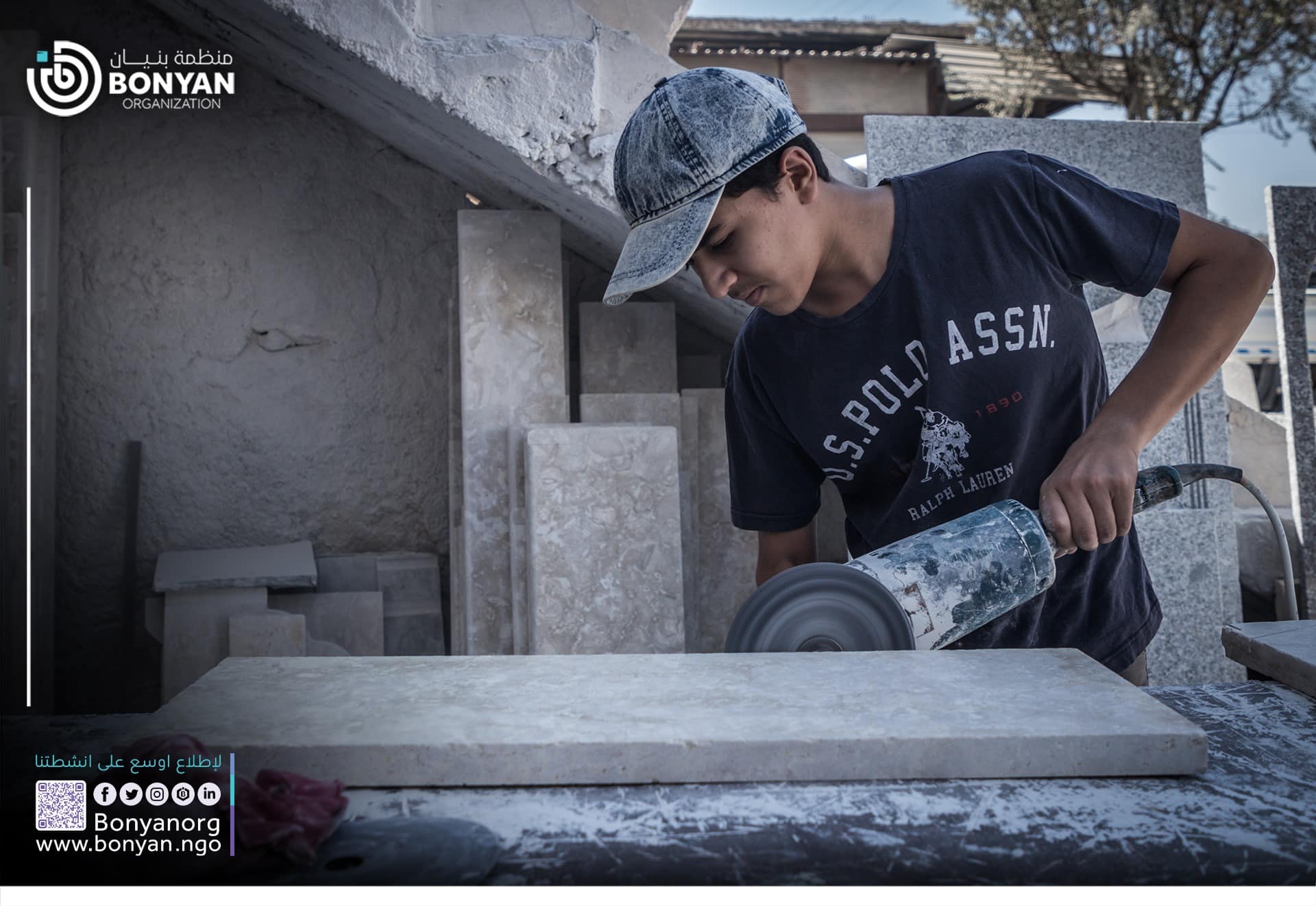A refugee is a person who leaves his country and seeks asylum and residence in a country other than his homeland for many reasons, such as
- Wars.
- Conflicts.
- Reasons related to his ideas and beliefs.
It caused persecution, forcing them to leave their country to seek asylum and secure protection. And sometimes for economic reasons related to the spread of poverty, the lack of a labor market, the deterioration of the living situation, and the impossibility of living without resources. In view of the foregoing, the issue of refugees must be viewed as an international issue that must be addressed within a global framework that ensures concerted efforts by the international community, significantly since their large numbers and scattered in more than one area of the world are affecting the economies and development of many countries, not to mention the deterioration of their conditions.
Health, educational and psychological conditions in the countries of asylum, especially for children and women, are the two segments most affected by the life of displacement and asylum. This requires a severe search for effective economic, social, and political solutions in the countries of asylum and in the countries of origin in a way that secures the human rights of their owners.

Youth Refugees’ Difficulties Obtaining Legal Personal Documents
Legal identity is a fundamental human right that allows us to:
- Travel.
- Work.
- Go to school.
- Marry.
- Establish paternity.
- Receive health care.
- Use government services.
- Vote.
- Develop inheritance rights.
- Purchase and sell a property.
It has an impact on every element of our lives. While some may believe that the right to legal identity is a given that individuals obtain through the issuance of birth certificates, identification cards, and passports, it is not so simple for youth refugees.
Proof of identity is a continuing difficulty for young refugees after nearly seven years of violence, the destruction or closure of civil status offices, and the challenges of granting documentation to refugees in host nations.
Young Refugee Difficulties to Get Quality Learning and Education
Forced recruitment into armed groups, child labor, sexual exploitation, and child marriage are things that education protects refugee children and youth from. Education also helps communities to be more resilient. Education empowers refugees by providing them with the knowledge and skills to live productive, satisfying, and self-sufficient lives. However, refugees do not always have the luxury of going to school and education, often because they do not have identification papers or because schools are not available in the places of displacement.

Discrimination, Racism, and Xenophobia on Young Refugee
Young refugees note that discrimination, racism, and xenophobia across all regions leave them feeling isolated and marginalized.
“human beings are social by their nature. Healthy social connections help people be creative and lead a successful life, whether as individuals or as a community. however, refugees who are facing different kinds of discrimination, racism, and xenophobia across most countries leave these young refugees with devastating feelings of isolation and marginalized.”
Employment Difficulties and Livelihood Opportunities
Many families find it difficult to secure housing for themselves due to the high wages. Therefore, most families are looking for unhealthy accommodation that does not accommodate all family members in return for cheap rent, which negatively affects the lives of refugees, their health, and their social balance.
In addition to the high cost of living and the difficulty of finding a job that helps them secure their needs, and even if job opportunities are found for some, the wages are meager, as they are almost not enough to rent a house, and some of the requirements for living.

Lack of Information about Asylum, Refugee Rights, and Available Services
There is a lack of information about asylum, refugee rights, and services available to refugees in their countries of origin. This is due to the limited resources available to refugees in their countries of origin, which is why refugees suffer from a lack of rights and services that they receive.
Many people are unaware that they can get help from organizations or are even available to them. This lack of information often leads to people who need help being turned away by government agencies or not knowing where else to turn for assistance.
Cultural Barriers
Cultural barriers to refugees are a significant issue.
The cultural and social differences can be challenging to understand and navigate, especially for those who have never experienced them before.
As a result of these differences, refugees may experience difficulty integrating, and their lives may become more complicated than before they migrate.
Another factor that makes cultural adaptation a barrier for refugees is that some do not want to allow refugees into their culture and world. Media stories influence and enforce refugee stereotypes. Conflict with cultural adaptation can leave refugees feeling isolated, stressed, depressed, and intimidated.
Content
- Youth Refugees’ Difficulties Obtaining Legal Personal Documents
- Young Refugee Difficulties to Get Quality Learning and Education
- Discrimination, Racism, and Xenophobia on Young Refugee
- Employment Difficulties and Livelihood Opportunities
- Lack of Information about Asylum, Refugee Rights, and Available Services
- Cultural Barriers



